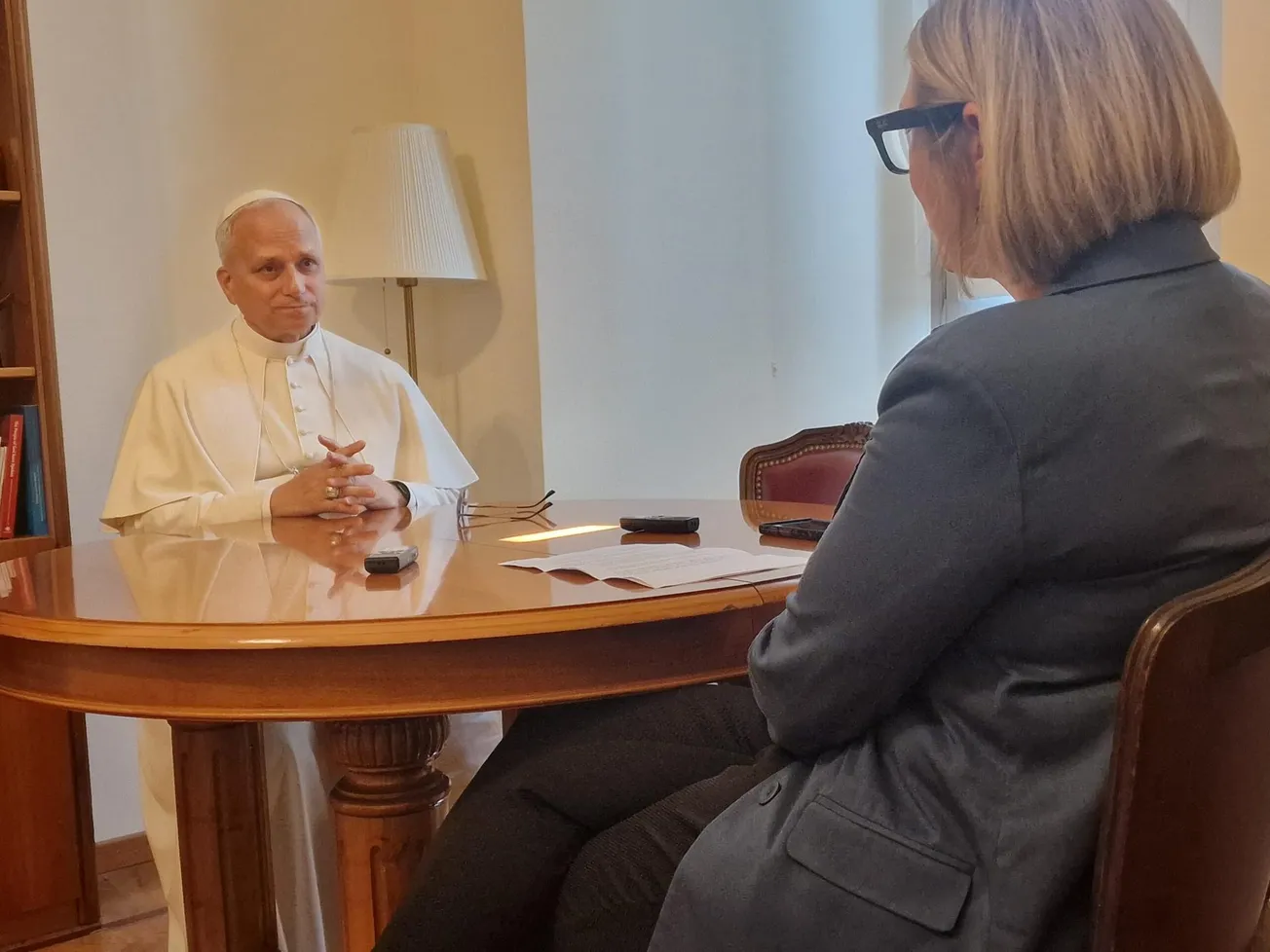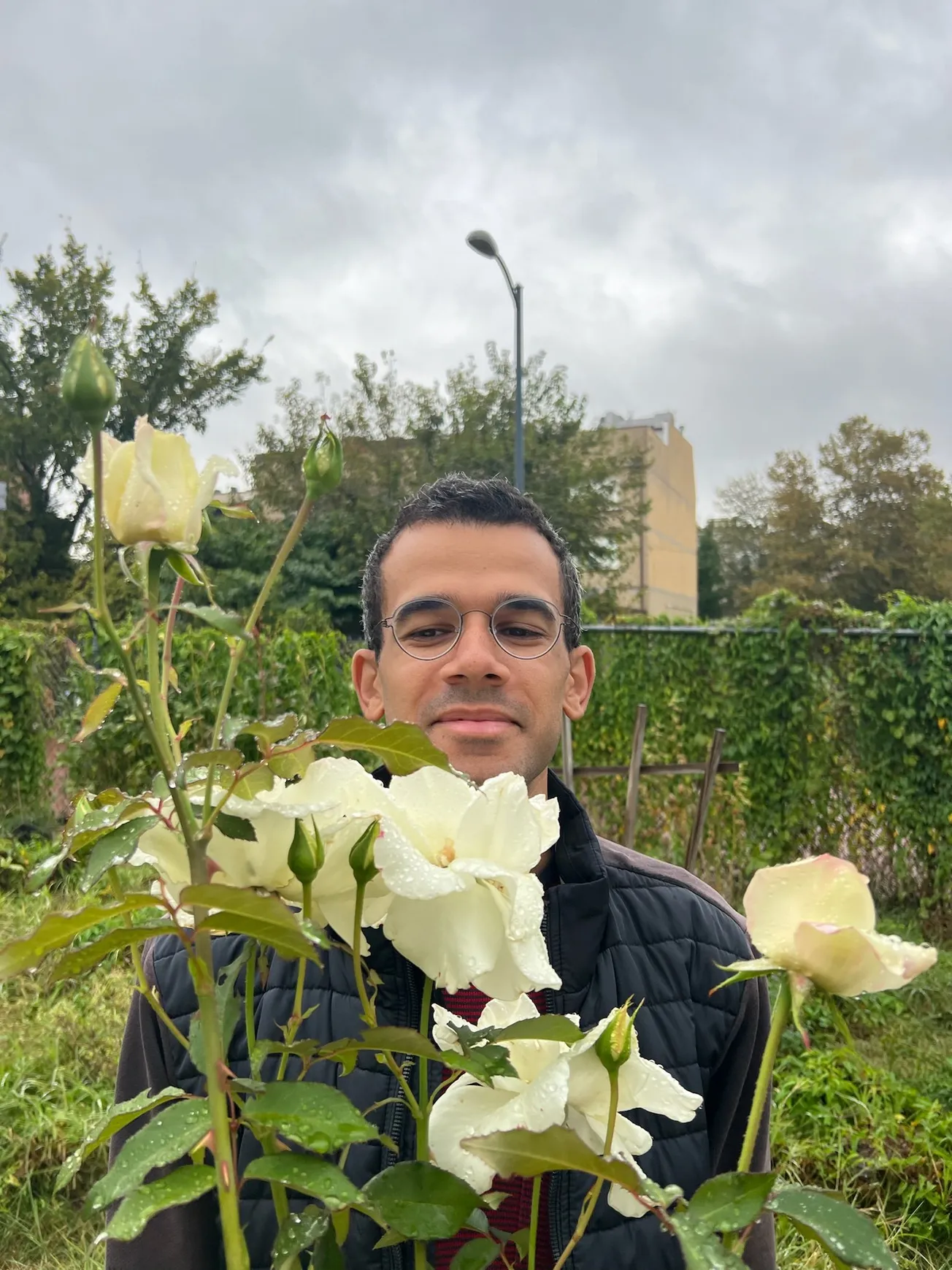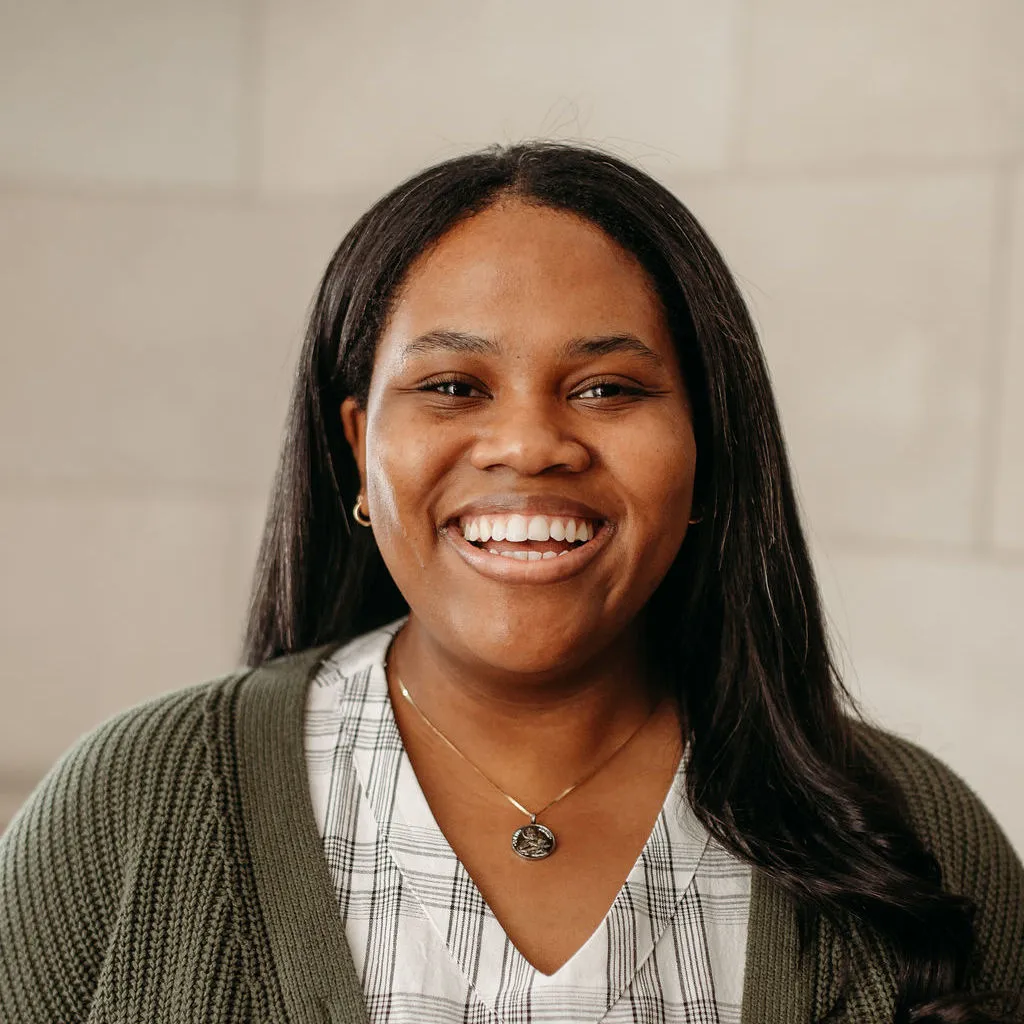In this final segment of our chat with Gulf Coast cantor Sasha Massey, we delve into the topic of the future—an interesting topic for the turn of a new year. Enjoy!
Nate Tinner-Williams: So, along those lines, what changes do you wish you could see in your church and in the Church at large in America in the next 10 years.?
Sasha Massey: More honesty, unity, and protection. People naturally belong together and should continue learning from each other. We must love each other as we are.
NT: Got it.
SM: I'd like to see more unification between starkly, very visible White and Black parishes. There’s such pure-hearted, hard-working priests, like one that was able to unite a parish here where there was an all-Black church and all-White church and they started to worship together. There was more community-building, more faith-building, and somehow, I don't know, somewhere within the past four years, that kind of got undone.
Unification education, honesty, protection. And more respect for representation of other people. There are Vietnamese churches, Spanish-speaking churches... You might not be able to follow along with all the recitations, but that just needs to be more connection. And like the Pope said, more marrying of the cultures. Because so much was already borrowed from African, Greek, Hebrew, and Roman culture and adopted into the Catholic Church,. Like, it’s easy to see the garments and headpiece worn by a pharaoh looks very similar to the blessed garments of priests now.
NT: Preach. I like it. I like it. Marrying of the cultures.
Pope Francis actually released a book in Italian—actually, that he wrote the preface for—that's about the rite that was created in Africa, in the Congo, for them to celebrate the Mass specifically in the context of their culture. So do you think that there's a possibility that African Americans could ever have or create such a rite for themselves? Do you think it would be a good idea? Is it feasible?
SM: I don't see why not. I don't see why something like that couldn’t exist already. We've had to piece together our culture from shards, so we've had to take the ripped fabric and somehow take the uneven ends and put them together, and create what it is we are and how we see ourselves now.
Our ancestors were shaved bald when hair communicated country of origin within the African continent, or marital status and social class. We were separated and forced to lose so many languages we came here with. Groups of people that were from different tribes with different dialects and languages altogether, forced to learn English and be beaten into understanding to keep from communicating—which could lead to escaping.
So I think it's really possible. I think it's really possible for us to build from what is an amalgamation of a bunch of people that couldn’t speak with each other during slavery, now that we all speak the same language. I think yeah. Yeah, why not?
NT: I love it. it's a pet topic of mine, so I'm always interested what other young Black Catholics think about the possibility. Because if it happens, it's gonna be us pioneering and helping make it happen, so—
SM: Yeah, we're gonna have to be the ones that figure out how to do it, instead of learning out of the corner of our eye. We're the ones that have to establish it and we're the ones that have to make sure that the people that come after us understand why it's so important.
It's the same reason why in parishes and places like Nebraska where, in what don't look like poor areas to me, in the poorest churches, that's where the best representation of all cultures exist, there's gospel music, there’s chant, and there's literal, like, Indian flutes and drums and people speaking and singing in the indigenous language.
That's exciting. Because that's literal inclusion. No one's being left out. Because if we're all made by Him, and we all have the same ingredients, then our experiences—however distinct they are to us—still are valuable and need to be, you know, outlined and shared together.
If we're educating ourselves on the Word, we need to educate ourselves on other people's experiences. Like how people have to panhandle to get money to stay in men's shelters across the country—which still punishes the poor for being poor. But you can't panhandle, because there’s signs up downtown that say, “No loitering and no panhandling.” So many are abandoned vets.
NT: That’s wild.
Well, I think you've laid it out pretty plainly for the people here today. Is there anything else that that that you would want to say in the pages of BCM?
SM: Just that, without the music and this song that God put in me, like, I wouldn't know what to do. Because if I can't give it back and I can't demand more of myself to make it better and give it back to Him better every day then... I feel like I haven't done what I'm supposed to do.
That's why, when I was sick, I felt horrible not just because I had a fever and I had trouble breathing and you know—I was just coughing, sneezing, and struggling everywhere—but because I wasn't in the place where I'm at seven days a week. I wasn't doing the thing I'm supposed to do because I needed a health reset.
That's why I had a whole recital called “Salvation in Music”, because that's literally how so many people come to know God first. Especially as kids. Through songs. So, yeah.
NT: Well I'm glad you're back. And I'm glad you had this conversation with me today. It's been wonderful and—more than wonderful—incredible. I'm grateful for your openness.





Nate Tinner-Williams is co-founder of Black Catholic Messenger, a priesthood applicant with the Josephites, and a ThM student w/ the Institute for Black Catholic Studies at Xavier University of Louisiana (XULA).









